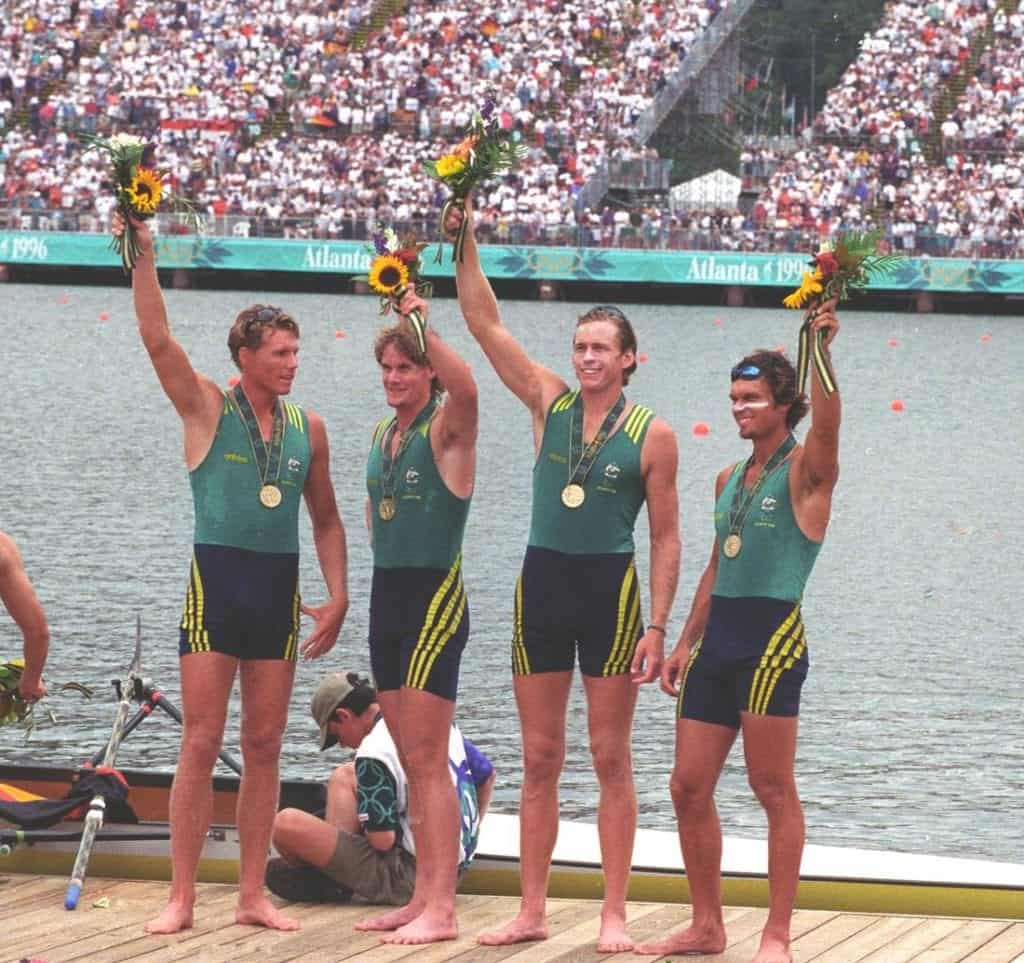By Bo Hanson – 4x Olympian, Coaching Consultant & Director of Athlete Assessments
At the recent 2009 Evolution of the Athlete Conference in Brisbane Australia, Athlete Assessments conducted a survey of participant coaches from Australian and New Zealand. This article highlights the results of one important question within the survey – how coaches get to know their athletes.
Getting to know your athletes is a fundamental in developing a strong and effective relationship with them. It is one of the ‘basics’ coaches are to master. Just like the technique basics existing in all sports and we know what happens when basics are neglected…
There has been much research into the critical nature of the coach athlete relationship. One of the most recent was a study into the factors leading to 2008 Olympic medal performance or a personal best. There is a full description of this article on our website. Five factors were found to contribute to a successful performance and of these five, the quality of the coach athlete relationship was viewed as the most crucial factor in winning an Olympic Medal or producing a personal best performance.
So back to the coaches survey results. Coaches at the conference were asked a question about when taking on a new athlete, what methods they rely on to obtain a complete understanding of the athlete. Their responses included:
- 96% Informal chats with the athlete, on average of 2-3 hours over the first few weeks
- 59% Meet with or phone their parents and/or family, on average 1-2 hours over the first few weeks
- 37% Formal Interviews with the athlete, on average of 1-2 hours over the first few weeks
- 37% Meet with or phone their previous coach, on average of 1 hours over the first few weeks
- 33% You watch previous video footage of their participation in their sport
- 30% Athlete completes some form of psychological, personality and behavioral testing
- 26% Athlete completes a detailed questionnaire devised by the coach
- 19% Meet with or phone other sports related people, on average 2 hours over the first few weeks
- 15% You have a meal with your new athlete outside of normal training time
- 4% You do a media search for news articles
The above survey question is directly related to the beginnings of a quality coach athlete relationship. All quality relationships are built on mutual trust and respect which has to be built over a period of time. It does not happen after only a few weeks or months. There is a term used in the business called the ‘Psychological / Emotional Contract’. Few talk about this in sport, however, it is even more critical than it is in a business environment.
The ‘Psychological / Emotional Contract’ is the bond which builds between the coach and athlete. It is what constitutes a quality relationship. Relationships in this case are not about being ‘friends’. An example of a ‘Psychological / Emotional Contract’ is treating your athletes as individuals by noticing their different personality or behavioral style and treating them accordingly. It is also about respecting their unique needs and meeting these where appropriate. It is also about being fair. Fair is a measure of reciprocity, that is, applying the same behavioral standards to yourself as you would to your athletes. Simply, it is about you turning up on time and your athletes doing the same. It is about walking the talk not just talking it and expecting your athletes to do the walking. This role modelling is one of the more effective ways to build a strong “psychological / emotional contract’.
When the ‘Contract’ is strong and adhered to, athletes give more for their coach and coaches give more for their athletes and it becomes a reinforcing loop, gaining momentum over time. It can not be rushed, simply add to it each time you interact with your athletes and be strategic about what it is you are doing. Remember, everything you say and do has an impact on your athlete’s performance.
There is an interesting concept I use in the world of business leadership, of which I have been working for over the last decade. The concept is about the ‘character’ and ‘credibility’ test which all leaders and especially coaches, are subjected to on a daily basis. The very best coaches know when the test is occurring and treat it as such by displaying the type of behaviors they would like to see in their athletes. Character and Credibility tests are the topic of a future article, so keep your eyes out for that one. For now, just realise that these tests also form part of the psychological contract and as such will either help or hinder you from developing a strong coach athlete relationship. I know it takes time. However, the time spent is a wonderful investment which pays dividends for all.
Ultimately, how well do you know yourself and your athletes? If there is a chance you could improve this, even if only by a few percent, it is worthwhile – particularly as it is such a critical and impactful area. How much money gets spent in sport in the attempt to improve by a few percent? The good news is the opportunity to know yourself and your athletes to a level previously not possible (or possible within a reasonable time frame) is available with the use of Athlete Assessment’s AthleteDISC and CoachDISC profiles.
Discover more information about the AthleteDISC Profile for athletes and CoachDISC Profile for coaches. Or contact us to find out how we can help you further develop your coaching.
View the full Coach Survey Results from the 2009 Evolution of the Athlete Conference covering leadership development, coaching mentors and how coaches get to know their new athletes.
View the full Coach Survey Results from the 2008 Evolution of the Athlete Conference covering what coaches’ biggest challenges are and what are the characteristics of a phenomenal coach.




